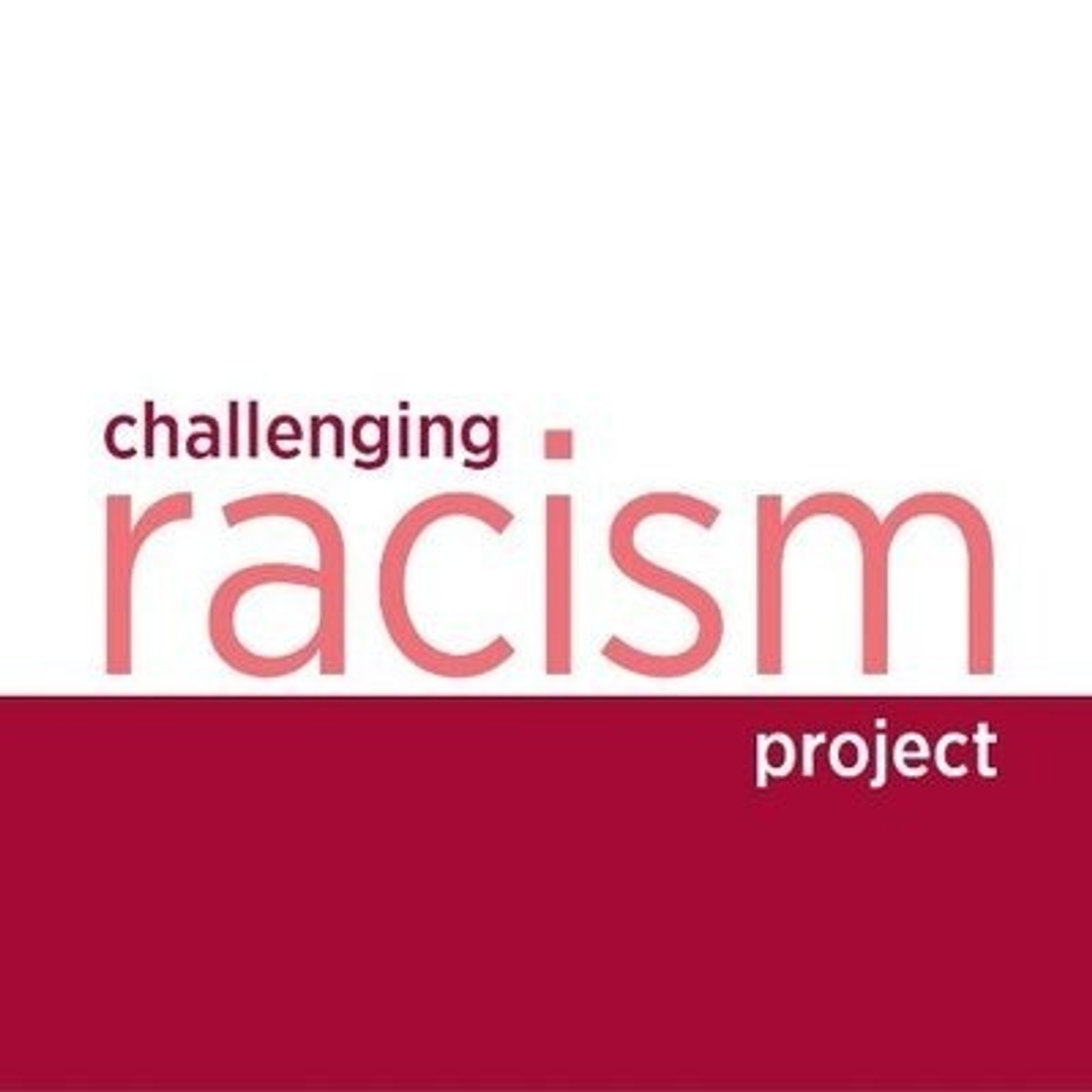Challenging Racism Project Seminar Series: Achieving and maintaining social cohesion when intergroup contact is positive and negative
Event description
This research paper presents a program of research on valence asymmetries in interactions between members of opposing social groups, or ‘intergroup contact’.
Due to a focus on corrective prejudice reduction, social psychological analyses of intergroup contact have traditionally shied away from investigating negative intergroup contact. They have failed to compare the impact and prevalence of negative and positive intergroup contact and have provided a simpler and more optimistic report for intergroup contact than brother disciplines and against expansive evidence of negative biases in many areas of psychology.
Stefania Paolini will present a program of research testing valence asymmetries in intergroup contact and showing that the cumulative evidence currently suggests that while negative intergroup contact is relatively rare, it is likely to impact broader intergroup dynamics more heavily than the more frequent but less influential positive intergroup contact. She will showcase results for key theory-driven moderators, including those emerging from a meta-analysis of intergroup contact research recently accepted on Psychological Bulletin placing a sharp focus on self-selection processes in and out of contact and contact volition. She will conclude with a discussion of the implications of these findings for theory, policy, and social intervention.
Professor Stefania Paolini
Stefania Paolini is Professor of Social and Intercultural Psychology at Durham University, UK. She completed her PhD at Cardiff University and held academic positions at the University of Newcastle, Australia, for most of her career. Stefania has expertise in intergroup dynamics; her work explores ‘when’ and ‘why’ experiences with individual members of stigmatized groups affect the judgement of the stigmatized group as a whole.
Her very early research investigated the benefits for intergroup relations of direct and indirect intergroup friendships in sectarian Northern Ireland. She has published on the topics of intergroup contact, intergroup friendship, intergroup emotions, intergroup anxiety, self-expansion motivation, negative contact, valence asymmetries, meta-cognitions, stereotype and prejudice reduction interventions. As part of this work, she has investigated post-conflict societies, as well as peaceful intergroup settings. Her current main focus is on the social psychological bases of people’s interest (vs. disinterest) in engaging with diversity and volition in intergroup contact.
For more information on Stefania, visit: https://www.durham.ac.uk/staff/stefania-paolini/ https://scholar.google.com/citations?user=xwUnA5IAAAAJ&hl=en
Tickets for good, not greed Humanitix dedicates 100% of profits from booking fees to charity


